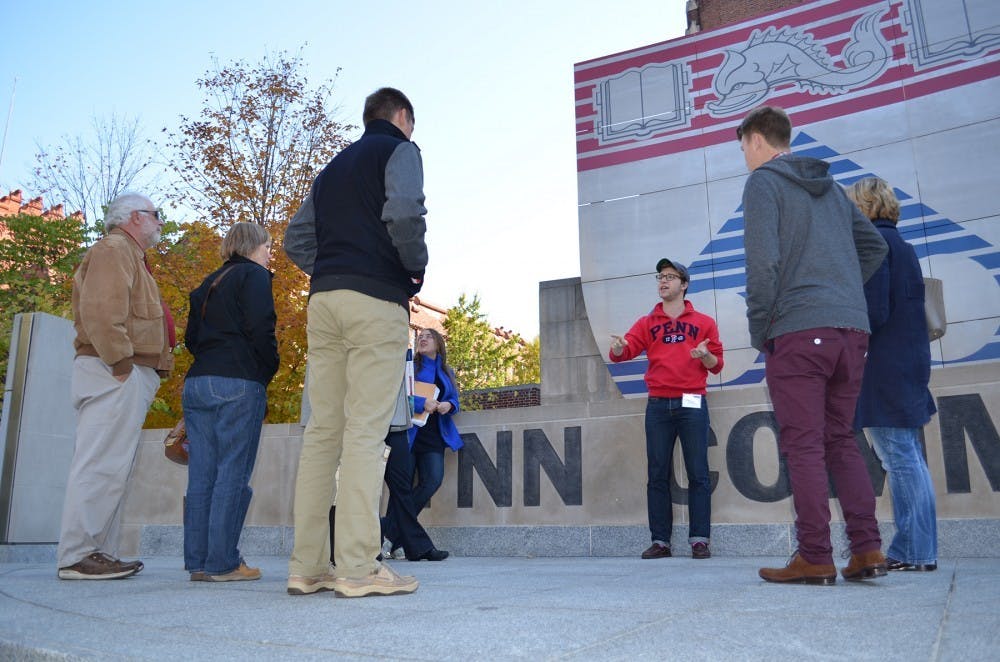
My first impression of Penn was shaped by the words of a student tour guide. He showed me around campus, spoke about his experience, and provided information regarding the application process. This is invaluable work. And Penn never paid him for it.
Penn is one of two Ivies with no plans to pay student tour guides. Anyone who applies to Kite and Key clearly cares deeply for Penn. It is a shame that people so committed to the University are not compensated for their work.
As an institution that claims to prioritize diversity, Penn has a responsibility to hire tour guides from a variety of different backgrounds.
“If we’re [not] sharing the voices of first-generation students or the voices of students who receive financial aid, I think it’s a missed opportunity,” Logan Powell, Brown's dean of admissions, told The Brown Daily Herald. “There is a need to represent Brown from all perspectives.”
Prospective students from underrepresented backgrounds deserve tour guides who they can relate to. What’s more, by remunerating students employed by Kite and Key, Penn will inevitably diversify the pool of tour guides. Paying tour guides would open up the position to more first-generation, low-income students who often have to take on multiple jobs to afford Penn’s sky-high tuition. So many parts of Penn’s culture are socio-economically exclusive — the cost of textbooks, Greek life dues, club BYOs, downtowns, unpaid internship opportunities — being a student tour guide shouldn’t be on the list.

Many Kite and Key tour guides have said that they have no desire to be paid, as they do their jobs because they love Penn.
"We have always viewed ourselves as a student-run, volunteer-based service organization," said Kite and Key President and Engineering junior Julia DiSalvio. "We don't expect to be paid because we are doing it out of service."
But loving your job doesn’t justify unpaid labor. Being committed to what you do and receiving compensation for it are not mutually exclusive. All tour guides should be passionate about Penn. That doesn’t mean that they shouldn’t be paid for their work.
Most tour guides only work a few hours a week, but regardless, it’s the principle, not the pay. Being a tour guide won’t fill up your bank account, but a little extra money can always prove to be useful. Plus, student tour guides are people who are invested in Penn, its future, as well as the visiting experience of prospective students.
Campus tours can be a deciding factor in choosing a university. After being accepted to Penn, many students rely on student-led tours to make their final decisions. In other words, providing compensation to tour guides is an investment that the University will see significant returns on.
Student tour guides have the unique opportunity to engage potential applicants and determine whether or not students come to Penn. This position should not be undervalued. Remunerating tour guides will increase the diversity, and provide results for the University. Students — next time you see someone walking backwards on campus, thank them for what they do. Administrators — it’s time to pay Penn’s most important ambassadors.

ISABELLA SIMONETTI is a College sophomore from New York studying English. Her email address is simonetti@thedp.com. Follow her on Twitter @thesimonetti
The Daily Pennsylvanian is an independent, student-run newspaper. Please consider making a donation to support the coverage that shapes the University. Your generosity ensures a future of strong journalism at Penn.
Donate






